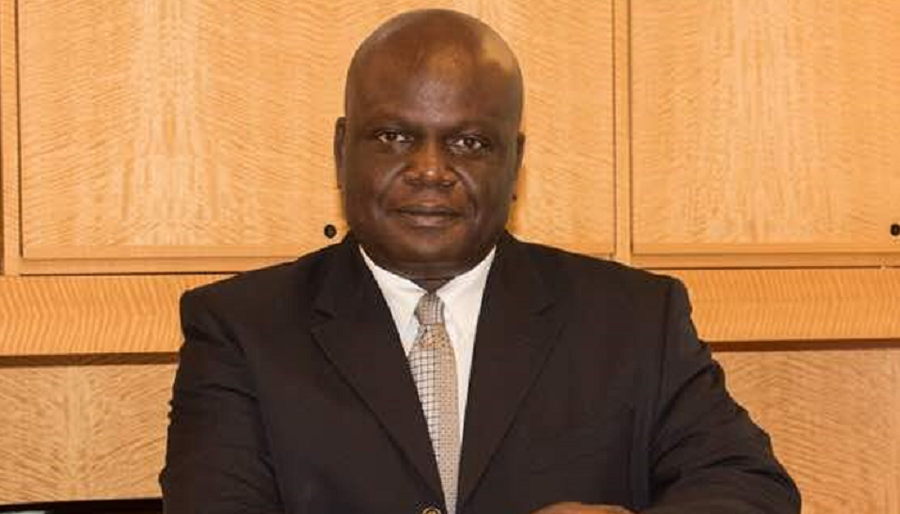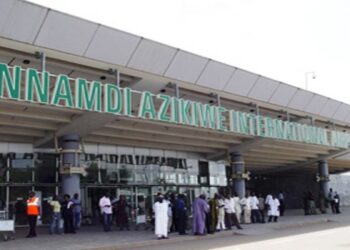The Nigerian Civil Aviation Authority (NCAA) has denied media reports alleging that the Federal Government through the agency has issued a directive banning travellers without proof of Covid-19 vaccination from travelling both local and international flights.
The aviation sector regulator said there was no iota of truth about such action which was allegedly supposed to take effect from December 1, 2021, and asked the general public to discountenance such news.
According to the News Agency of Nigeria, this disclosure is contained in a statement issued by the General Manager Public Relations of NCAA, Mr Sam Adurogboye, on Thursday in Lagos, saying that no such directive emanated from the agency.
What the Spokesman of NCAA is saying in the statement
Adurogboye said, “We want to state categorically that no such directive emanated from the government through NCAA. Therefore, the Authority is calling on the public to discountenance such news as there is no iota of truth in it.
“On the other hand, we want to enjoin purveyors of such unfounded news to cross-check facts before publishing.’’
The general manager expressed NCAA’s continuous support for all government initiatives to curb the spread of the Delta variant.
He added, “However, we expect strict adherence to safety protocols in and out of the airports by wearing our facemask, washing our hands periodically, using alcohol-based hand sanitiser, maintaining social distance and avoiding crowded space.’’
What you should know
Recall that some weeks ago, the NCAA directed foreign airlines to board passengers travelling to Nigeria who are unable to show evidence of payment for a repeat Covid-19 test.
The Director-General of NCAA, Musa Nuhu, in a letter to all airlines operating international flights, said the decision was taken due to challenges facing some travellers to Nigeria.
According to the DG, travellers are now finding it difficult to fill their health and travel history into Nigeria International Travel Portal (NITP).
As part of Covid-19 rules, passengers pay for a polymerase chain reaction (PCR) test, which they are expected to do after seven days of quarantine.


















